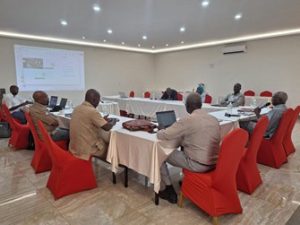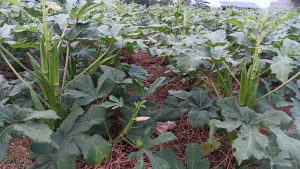TAAT Engages Nigerian Stakeholders in Wheat Seed Sector Training
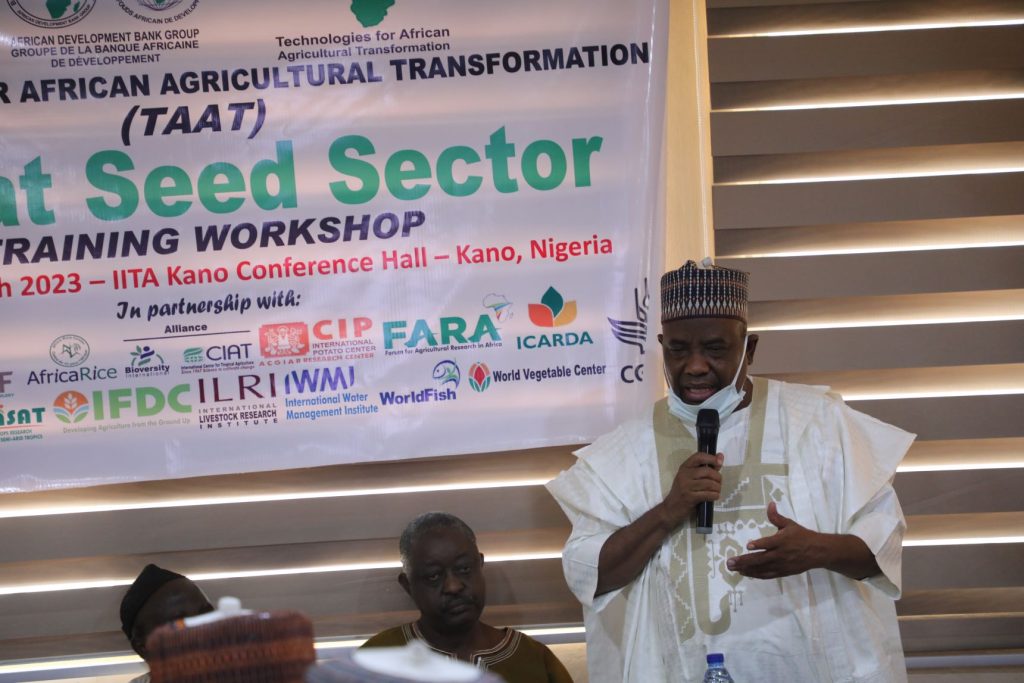
Technologies for African Agricultural Transformation (TAAT) has held a two-day Wheat Seed Sector Training Workshop for stakeholders in Nigeria. The workshop held from the 14th to 15th of March 2023 at the IITA Kano station in Kano state, North-West Nigeria.
The workshop brought together researchers, seed companies, community seed producers, farmers and development partners to brainstorm on innovative seed varieties and access as well as chart a roadmap for a robust wheat seed system in Nigeria.
Speaking during the opening ceremony, Dr. Chris Akem, the TAAT programme Coordinator, emphasized the need to revive Nigeria’s potential in wheat production. He expressed concern about the challenges that have limited the country’s progress in this area. He stated that Nigeria could catch up with Sudan and Ethiopia in wheat production if the right policies were implemented.
Dr. Akem identified several bottlenecks, including a lack of political will, bureaucracy, and policy inconsistency, that have hindered progress. He noted that the government could introduce policies that are working well, only for a new government to cancel them and introduce new policies, creating inconsistency and confusion.
However, Dr. Akem was optimistic that Nigeria could increase its wheat production through good agricultural practices, quality seeds, and expanding areas of production.
The training aspect of the workshop was facilitated by the TAAT Wheat Compact, which was represented by Dr. Essegbemon Akpo, a seed system specialist with the International Centre for Agricultural Research in the Dry Areas (ICARDA)
Mr. Aliyu Samaila, the National Programme Manager at Flour Milling Association of Nigeria (FMAN) emphasized the importance of the right attitude and partnership of critical stakeholders in achieving this goal.
Samaila disclosed that FMAN’s investment in manpower development and technology in wheat production in seven states had yielded 3.2 tonnes per hectare and is an indication of Nigeria’s bright future in wheat production.
He acknowledged that a significant reduction in wheat importation might take some time, given the wide gap, but stressed the need to convince farmers to adopt the right attitude towards wheat production.
To round up the opening session, the Chairman of Nigeria’s Federal House of Representatives Committee on Agricultural Institutions, Hon. Munir Babba Dan-Agundi, advocated for more technical and financial support for farmers to achieve the goal of revolutionising wheat production in Nigeria.
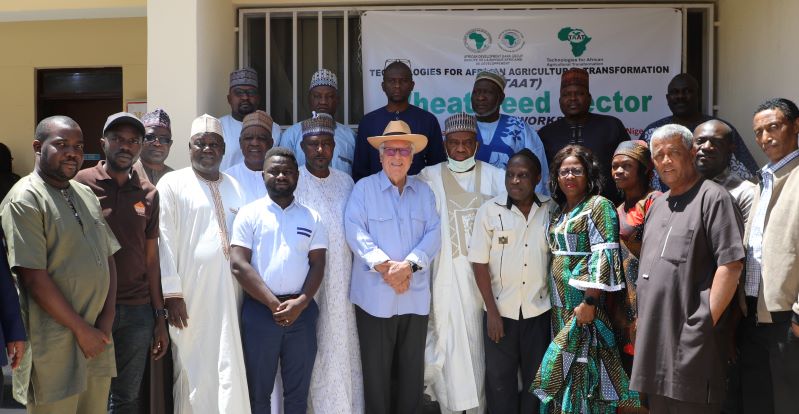
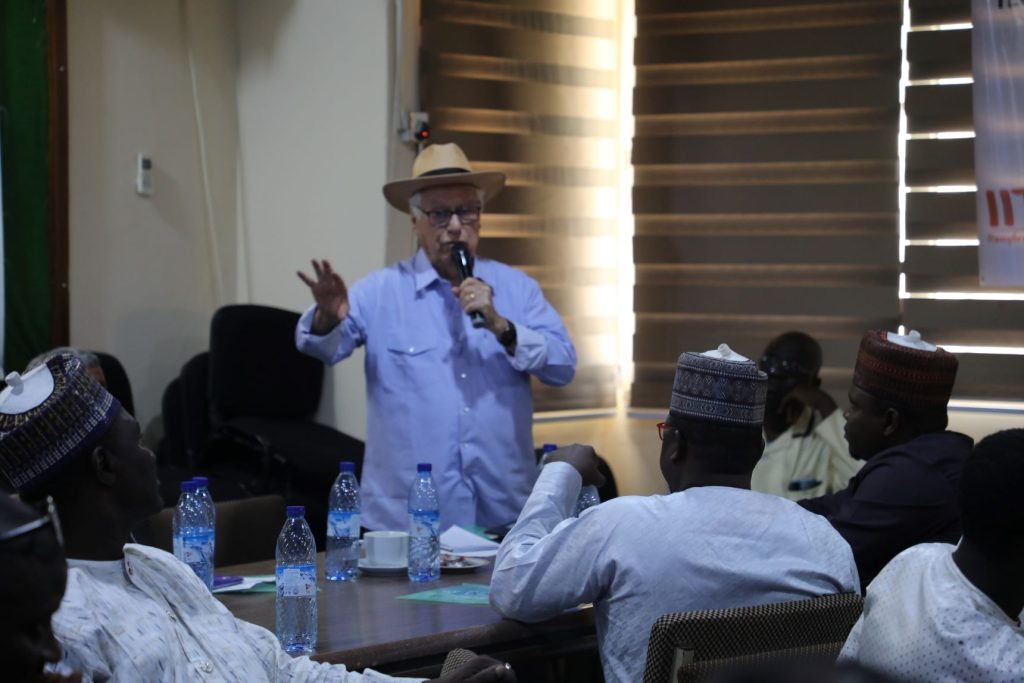
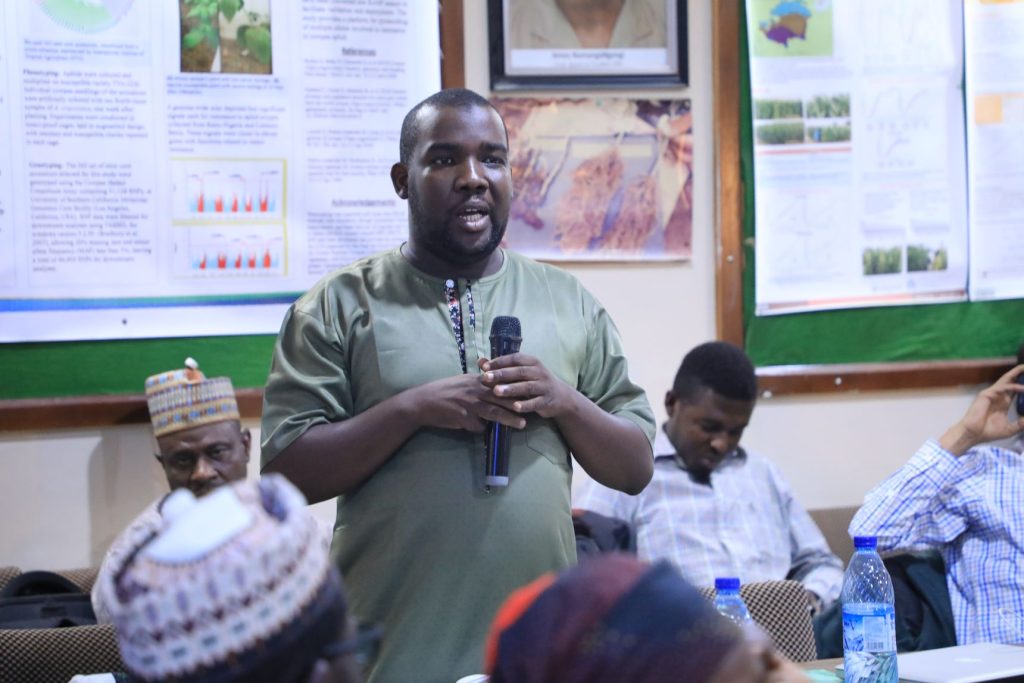
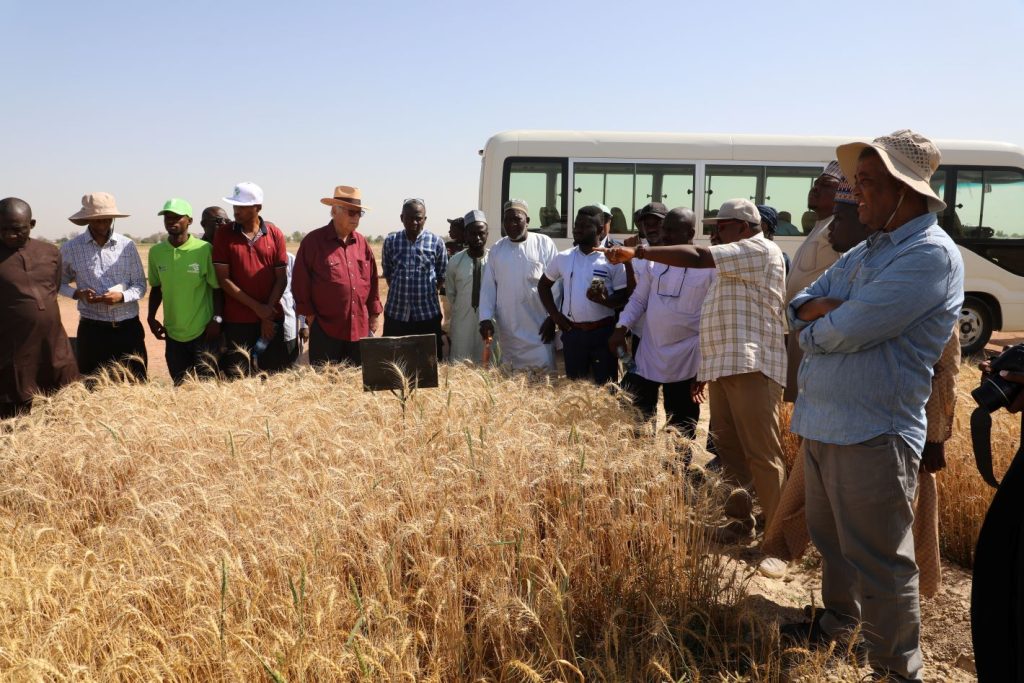
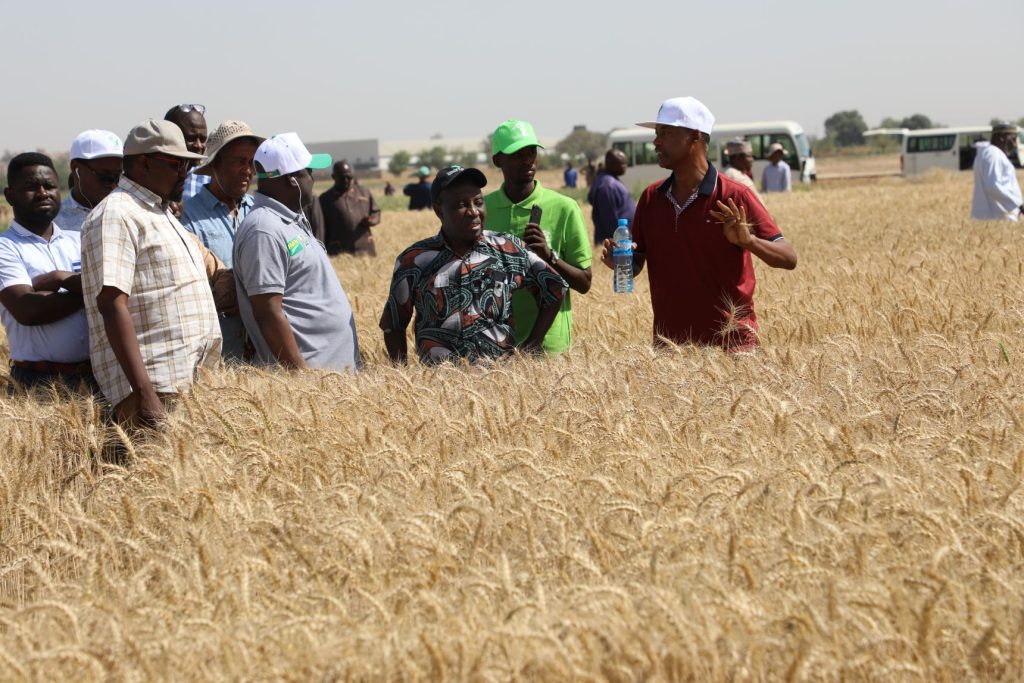
At the end of the two-day workshop, which comprised training sessions on wheat seed and visits to wheat fields in Kura and Bunkure, Dr Oluwatoyin Adetunji, the TAAT Value Chain Specialist, affirmed that the workshop succeeded in developing a robust wheat seed sector plan that proffers workable solutions to challenges mitigating the wheat seed sector in Nigeria; seed mixtures along the seed value chain and the missing gaps in the seed development process.
The TAAT programme which was launched in 2018 by the African Development Bank, seeks to improve agriculture as a business across Africa by deploying agricultural productivity-increasing technologies in priority commodities such as cassava, wheat, rice, maize, soybeans, sorghum/millet, orange-fleshed sweet potato, high iron beans, aquaculture, vegetables, and small livestock.
TAAT has provided high-quality seeds, breeds, and fingerlings to beneficiaries in 31 countries, helping African food production increase by more than 12 million metric tonnes.
The program has also financed the provision of heat-tolerant wheat varieties in Sudan and Ethiopia, reducing wheat import by 50% and expanding wheat cultivation to 400,000 hectares.
Recent Stories
Related Stories
- NIGERIA: TAAT hosts Stakeholders in second Wheat Seed Production Workshop
- Jigawa State Delegation explores scale-up Opportunities with TAAT
- TAAT holds Wheat Field Days across Nigeria
- CHAD: TAAT highlights multifaceted and Innovative Approaches to Wheat Research in Africa
- South Sudan: TAAT holds High-level Consultative Workshop on Food Systems Transformation


